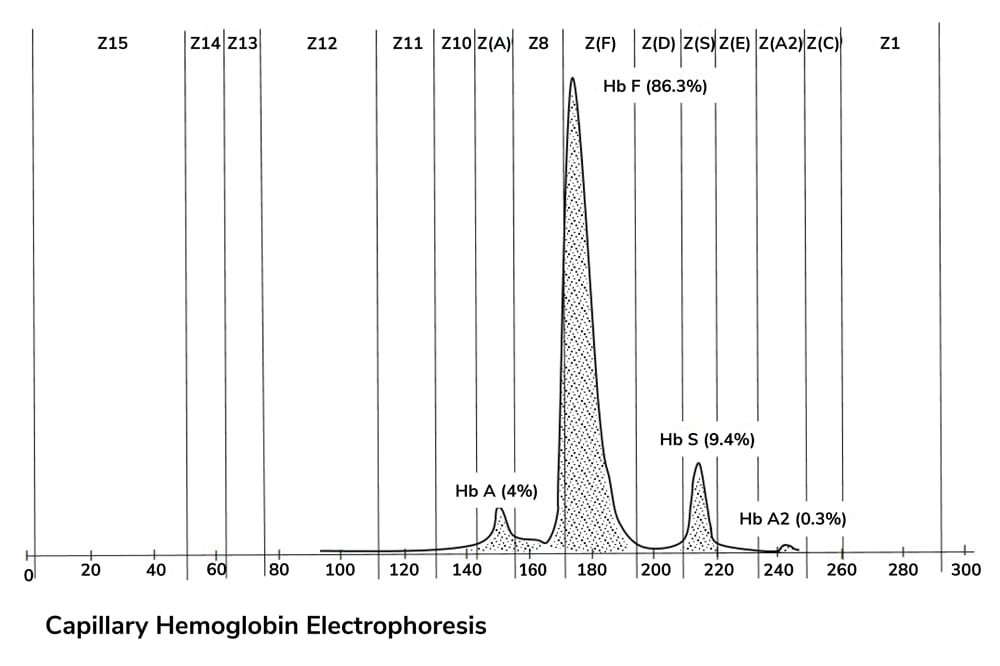You can’t attend an oncology conference or read a medical journal (or even an issue of The Pathologist) these days without hearing about the latest genomic discoveries. In fact, even as I write this editorial, my inbox is filling with interesting announcements. One that particularly caught my attention was a paper authored by an international group, calling for the reclassification of a thyroid tumor (1). Encapsulated follicular variant of papillary thyroid carcinoma (EFVPTC) is currently treated as a conventional thyroid cancer, but according to the group, it carries a very low risk of adverse outcome. After combining histologic and molecular analysis of EFVPTC tumors, the researchers make a strong recommendation: relabel the tumor so that its name more accurately reflects its nature and, more importantly, doesn’t contain the dreaded “C” word. The impact could be a profound one: remove the psychological stress of a cancer diagnosis for thousands; improve treatment outcomes; save money lost to overtreatment… There’s little doubt that our growing knowledge of disease subtypes and the move to genetic testing are having an overall positive impact on patients’ lives. But a question recently posed to the clinical community has yielded strong, differing opinions: should universal tumor sequencing be available for all cancer patients? I read some very interesting reflections from people in both camps.
Authors from the Moores Cancer Center at the University of California San Diego remind us of the staggering financial burden of cancer in comparison to the cost of genomic testing (2). They also refer to comprehensive studies that demonstrated improved outcomes in patients given personalized therapy and highlight the high value of the data collected. Their recommendation? Pathology-driven reflexive testing to ensure that all tumors are evaluated, because “if we are serious about winning the war against cancer, we should gather every bit of intelligence about it. A half-hearted approach to any battle would only lead to failure.” In stark contrast, Howard West of Seattle’s Swedish Cancer Institute likened proponents of universal sequencing to patients enthused by the remarkable therapeutic benefits of alternative treatments like cannabis oil or vitamin C infusions (3). West claims strongly that there is insufficient evidence to support universal testing, in particular because of the lack of data on how many patients undergo molecular testing beyond current standards, and refers to studies that failed to demonstrate any improvement in progression-free or overall survival. “We cannot realistically anticipate that this effort will broadly improve cancer outcomes any more than we could expect to eradicate poverty by distributing lottery tickets to the poor," he boldly states. It will certainly be interesting to see how this one plays out…
Fedra Pavlou Editor

References
- YE Nikiforov et al., “Nomenclature revision for encapsulated follicular variant of papillary thyroid carcinoma: a paradigm shift to reduce overtreatment of indolent tumors”, JAMA Oncol, [Epub head of print] (2016). PMID: 27078145. V Subbiah, R Kurzrock, “Universal genomic testing needed to win the war against cancer”, JAMA Oncol, [Epub head of print] (2016). PMID: 27078832. HJ West, “No solid evidence, only hollow argument for universal tumor sequencing”, JAMA Oncol, [Epub head of print] (2016). PMID: 27078630.


